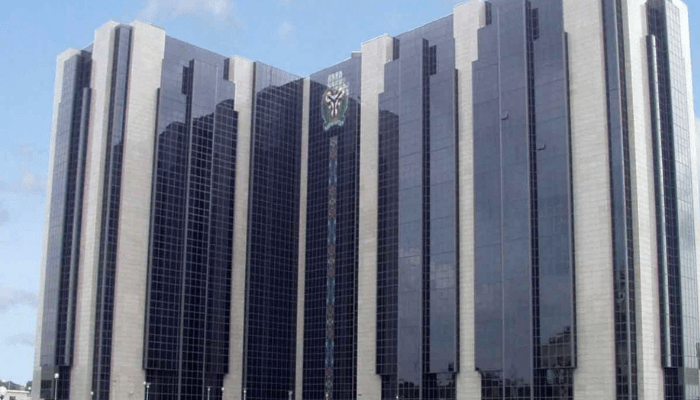The governor of the Central Bank of Nigeria, Olayemi Cardoso has said that the Central Bank of Nigeria will not pay off $2.4 billion invalid FX backlog claims. Cardoso said this in an exclusive interview with Arise News.
The CBN governor explained that the leadership of the Central Bank inherited a total of $7 billion FX backlog from the former administration which was investigated to ascertain validity.
Read also: Foreign portfolio investors are eager to return to Nigeria, says Cardoso
“As we went along repaying the FX backlog, we had reasons to believe that we needed to take a harder look at the FX obligations, and we contracted Deloitte management consultants to do a forensic of all these obligations and tell us what was valid and what was not,” Cardoso said.
“We discovered that of the $7 billion FX backlog, about $2.4 billion were invalid based on invalid import documents, non-existent entities, beneficiaries who had asked for FX and got more than they asked for, and some who didn’t ask for any but got.
“All of these amounted to about $2.4 billion invalid FX claims.”
When asked how this would be dealt with, Cardoso said that these claims would not be paid as they were invalid.
He also said that the CBN had settled $2.3 billion FX requests and was working to settle the outstanding $2.2 billion valid FX backlog.
“We wrote to the concerned parties of the invalid claims, but sadly, much of those have not been disputed to satisfaction,” Cardoso said.
He also said that increased domestic productivity would further help the CBN to achieve its aim.
“This is a problem I sometimes have when many blame the Central Bank for the FX situation. We rely on what comes in, we don’t produce foreign exchange; all we can try to do is use that to leverage for more foreign exchange to come in, including foreign direct investments, foreign portfolio investors,” he said.
Read also: The Cardoso naira vs dollar chess game: A fight to the finish
In terms of foreign investment outlook, Cardoso said that many foreign investors are interested in coming back to Nigeria owing to the positive outlook of reforms.
“We have a situation where many foreign portfolio investors are very interested in returning to the Nigerian market. They’ve taken a very methodical interest in understanding how the reforms are taking place and see how it’s taking the country in a direction they believe is the right direction,” he said.

